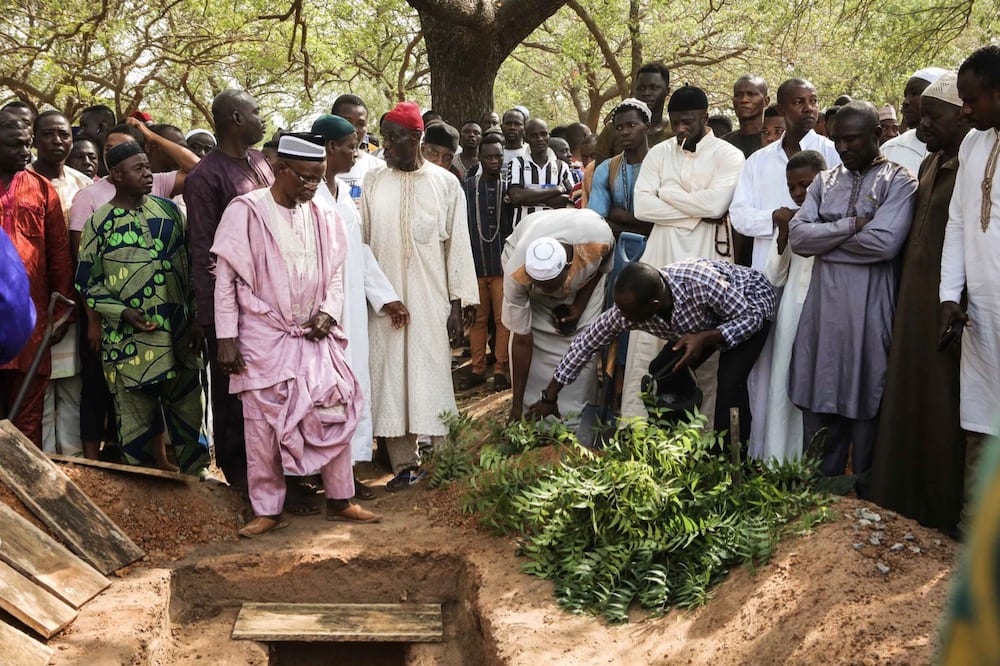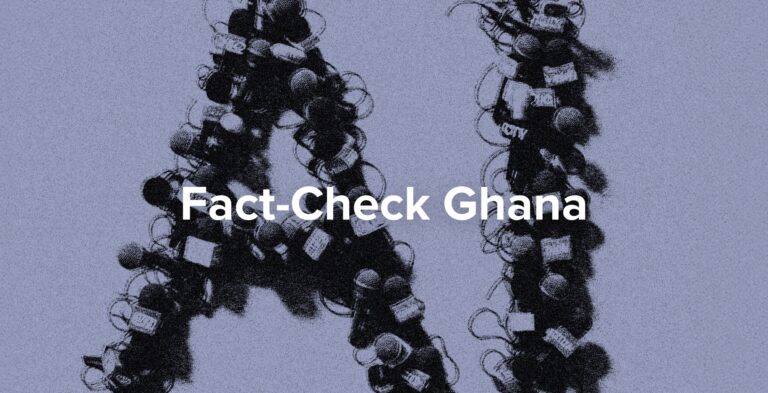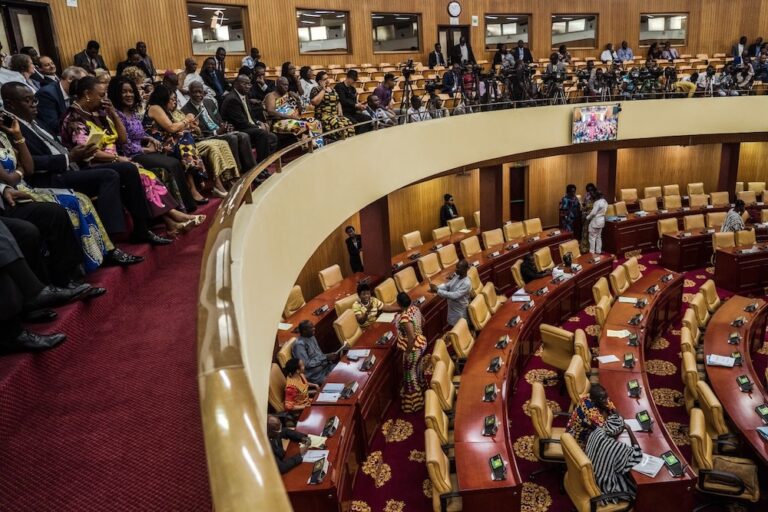Impunity over Ahmed Suale's killing is a blot on Ghana's press freedom record and a dismal emblem of the steep deterioration of press freedom in the country.
This statement was originally published on mfwa.org on 16 January 2023.
January 16th remains a blood-stained day on the calendar of press freedom in Ghana because of the grisly memory it carries of Ahmed Hussein Suale. It was on this day in 2019 that the investigative journalist was gunned down gangland style in Accra, Ghana.
Under better circumstances, his family, friends and loved ones, should be remembering Ahmed’s lifetime and taking solace in the fact that his murderers have been brought to justice. However, four years down the line, a disappointing aftermath of state failure to apprehend his killers drags on.
In the intervening period, the state has been window-dressing its failure at justice, flipping between half-hearted assurances about supposed investigations and insinuations to the effect that Suale’s death may be unconnected to his job as a journalist.
All in all, it has been four years of delayed justice for Ahmed Hussein Suale, his family, loved ones and the media fraternity, as January 16th comes round again and brings back with it the haunting déjà vu of his dastardly killing.
It has been a painful odyssey of assurances, denial, inertia and silence. On the occasion of the third anniversary of Ahmed Suale’s murder, the Media Foundation for West Africa MFWA retraces the high and low points of the single most appalling attack on press freedom in Ghana:
- 6 June 2018 – Tiger Eye Private Investigations, for which Suale works, screens ‘Number 12′, an investigative documentary that exposes massive corruption in Ghana and African football.
- The screening is in spite of a campaign of hate by a leading member of the ruling New Patriotic Party (NPP) and MP, Kennedy Agyapong. The MP threatens to expose corrupt deeds of Anas Aremeyaw Anas, leader of the Tiger Eye PI team, if Tiger Eye goes ahead to screen ‘Number 12’.
- Following the screening of ‘Number 12′, Mr. Agyapong’s attacks on the Tiger Eye PI team intensify, and by late June, the MP is publishing photographs of members of the team including Anas and Suale who are always disguised.
- Soon Mr. Agyapong escalates his campaign of hate against Ahmed Suale in particular, the lead investigator in the ‘Number 12’ expose. Agyapong publishes Suale’s photographs on Net 2 television, which he owns. While blowing the cover of the journalist, Mr. Agyapong also calls on his supporters to attack him, assuring all would-be aggressors that he would assume responsibility for the consequences.
- 16 January 2019 – Ahmed Suale’s vehicle is waylaid in traffic at Madina, a suburb of Accra, by two unidentified gunmen who shoot him three times, twice in the chest and once in the neck.
- 21 January 2019 – Police announce it has already interrogated Ken Agyapong and former Ghana Football Association President, Kwesi Nyantakyi, in connection with the murder.
- 22 January 2019 – One whole week after the murder, a high-powered police delegation visits the crime scene. They had earlier the same day commiserated with Ahmed Suale’s family and assured them of apprehending and prosecuting the perpetrators
- 30 January 2019 – Kennedy Agyapong says publicly that he does not regret blowing the cover of Ahmed Suale.
- 7 February 2019 – police arrests six suspects over the murder. By March, all suspects are released for lack of evidence.
- 18 March 2019 – Ken Agyappong reveals that his campaign of attacks on Anas which was later escalated to Ahmed Suale had been instigated by some leading members of his political party, the NPP,who felt Anas’ work was dangerous to the NPP.
- July 2019 – Attorney General announces she is yet to receive a docket on the Ahmed Suale case from the Police.
- 9 September 2019 – President Akufo-Addo says at a Ghana Bar Association conference in Takoradi that the assassination of Suale may not be necessarily connected to his job as a journalist and therefore it cannot be said for sure that the murder was an attack on press freedom. The MFWA protests the President’s statement, describing it as unfortunate.
- 24 May 2021 – Ken Agyapong accuses Head of Police, IGP George Akuffo Dampare, of knowing, but refusing to reveal the identities of Suale’s murderers. The MP goes on to name one Ansu Gyeabour as the killer of Suale. Ansu Gyeabour refutes Ken Agyapong’s allegation.
- 13 December 2022 – At a forum to commemorate World Human Rights Day, Ghana’s Attorney General, Godfred Yeboah Dame, reiterates President Akufo-Addo’s insinuation that the murder of Suale may be unconnected to his job as a journalist. The MFWA responds with an article.
- 22 December 2022 – President Akufo-Addo vows that his government will continue to search out for the murderers of Suale: “I continue to be deeply regretful that despite the unseasoned best effort of the police, the perpetrators of the murder of Ahmed Suale can still not be found. But I assure you that, so far as I remain President, the dossier cannot be closed until they are brought to justice.”
Impunity over Ahmed Suale’s killing is a blot on Ghana’s press freedom record and a dismal emblem of the steep deterioration of press freedom in the country. It was an incident that was supposed to galvanise the country into an iron resolve to protect press freedom and end impunity. Unfortunately, the country has since recorded dozens of press freedom violations, including arbitrary arrests, detentions, physical attacks on journalists and media houses with no consequences for the perpetrators, most of them state actors.
In spite of the apparent lack of political will to tackle the menace, the MFWA urges all actors in the media sector to remain steadfast in the demand for an end to impunity over Ahmed Suale’s murder, as well as the many press freedom violations since then which are yet to be redressed. Despair is not an option.



